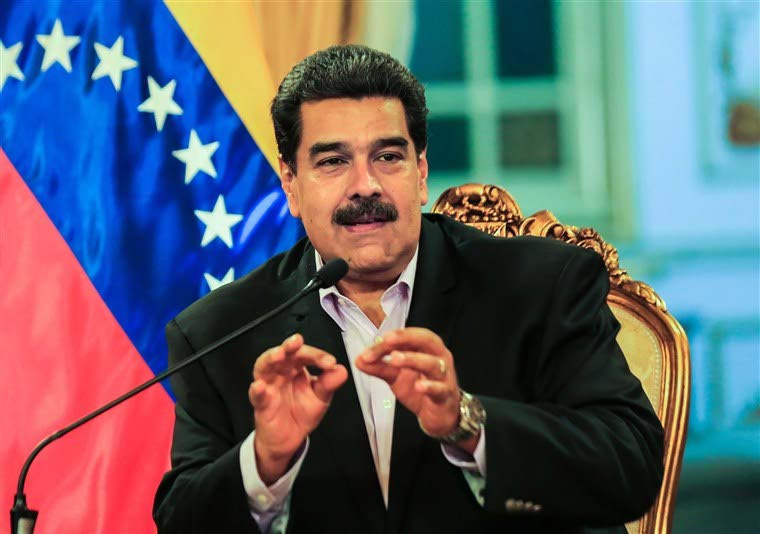Venezuela’s erratic ICJ rumblings

THE EDITOR: I find the contributions and conduct of the Venezuelans on the current border controversy within and outside of the hallowed chambers of the World Court from president to foreign minister to be extremely embarrassing and lacking in credibility and rationality.
They support the concept of international law that is a creature of their own imagination, misrepresentation and falsities. Every allegation against Guyana must be a cause for Caribbean concern.
I am amazed that VP Delcy Rodriguez could deliver a political harangue and speak to the panel of judges on Wednesday last as if they were "tabula rasa" and cannot separate the objective truth from propaganda during her painting and accusation of Guyana as an aggressor hell-bent on invading Venezuela with a thousand troops.
I found that the entire Venezuelan delegation to be quite reckless with their own version of events and applicable laws as they proceeded to lecture to the ICJ panel of judges that what you see is not what you see but take it from me.
Venezuelan diplomacy and statements on the border dispute now before the ICJ or lack thereof is in a muddle – a quagmire that I find very challenging to understand and appreciate because there are so many self-enforced errors in their statements bordering on the ludicrous that they cannot stand the rigid test that the ICJ will apply.
If Venezuela is so convinced about the legality, veracity, intrinsic merits, the soundness and the unassailable integrity of its outlandish claim to the Essequibo that Guyana owned, governed and possessed firstly by title (1899 arbitration award and Treaty of Washington), and secondly, post-1899 by the customary law of continuous and unbroken occupation when Guyana exercised sovereignty and exclusive control over its current territory of 83,000 square miles inclusive of the Essequibo region, with the full acceptance and acquiescence (creative of a situation of estoppel) of the now claimant state of Venezuela that proceeded to incorporate the said treaty into its constitution, why does it not commit itself totally to the ICJ's law determining process and participate in the substantive merits and hearings of the Arbitral Award of October 1899 (Guyana v Venezuela) litigation?
Guyana must not relent in prosecuting a bipartisan information dissemination and mobilisation campaign as agreed to in the assembly resolution targeting all of Guyana. It must sensitise its people to appreciate and respond cohesively as one Guyana to the Venezuelan threat that they now face collectively, to assist them to buy into the many and multifaceted security initiatives that the Irfaan Ali administration must embark upon to internalise and develop urgent contingency strategies to avert and neutralise this wholly illegal expansionist and existentialist threat, both to its current economic development (huge GDP growth), its territorial integrity (more than 83,000 square miles), its huge sea space and political independence gained in 1966.
That programme must include seminars held on the Law of the Sea Convention of 1982 because the consequence of Venezuela's proposed annexation of the Essequibo will result in a huge, almost devastating loss of Guyana's prolific oil-producing maritime patrimony that can extend to 350 nautical miles into the deep Atlantic Ocean (its continental shelf), including the current production of 620,000 bpd from the three producing fields located in the offshore Starbroek Bloc by Exxon Mobil.
STEPHEN KANGAL
Caroni


Comments
"Venezuela’s erratic ICJ rumblings"